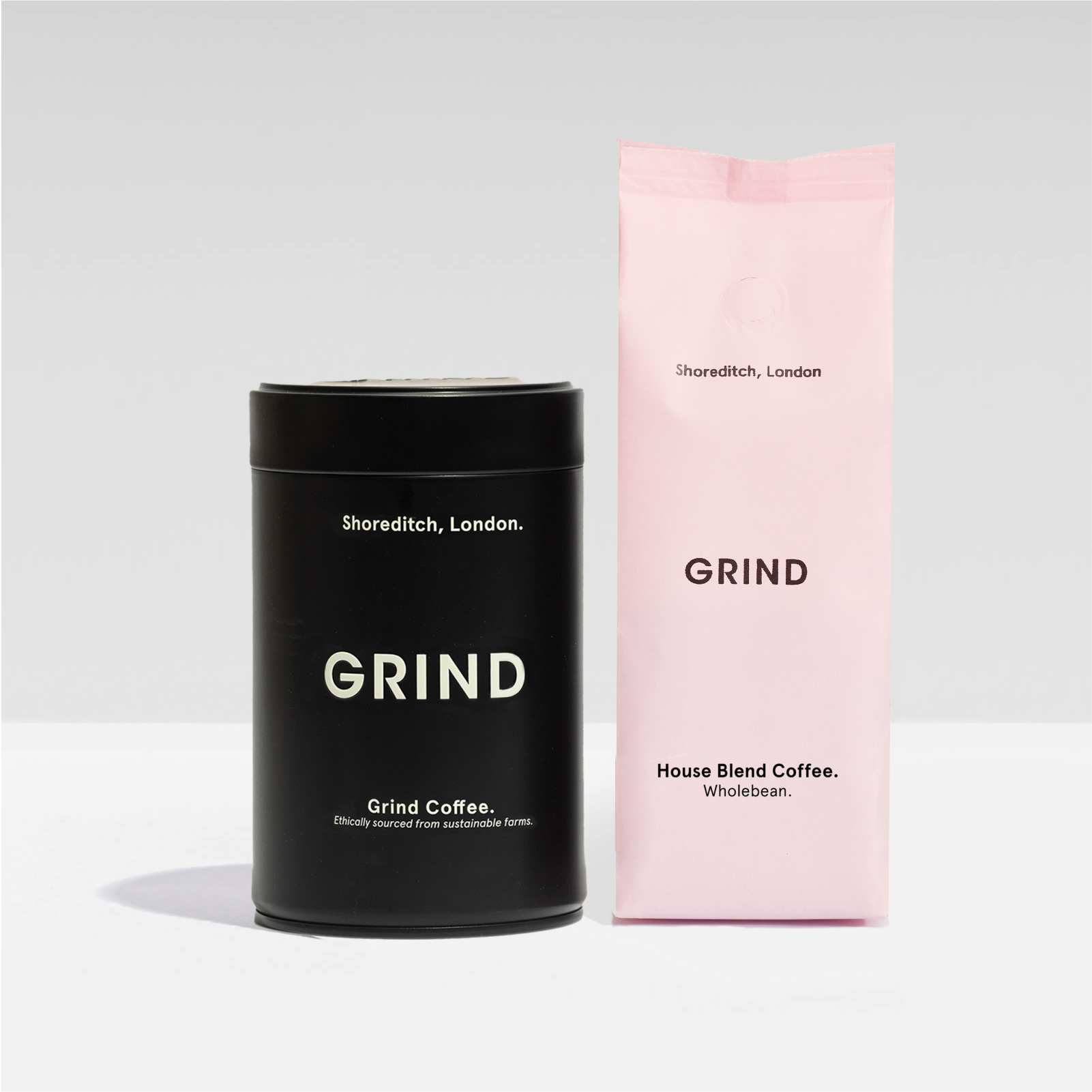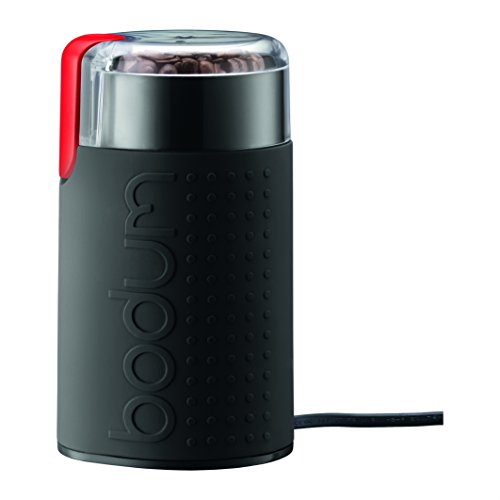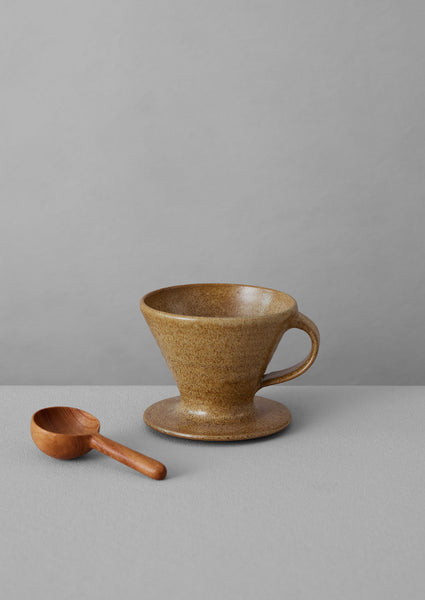Dr Tim Spector reveals the exciting benefits of decaf coffee - and why it could be as good as the real thing
On the latest episode of the ZOE podcast, Dr Tim Spector revealed the health benefits of decaf coffee and tips for making it


The benefits of decaf coffee go far beyond the caffeine-free fix. While you might think that the decaffeination process causes this brew to lose some of its perks, that's actually far from the truth.
If you're a regular drinker, you may be familiar with the benefits of coffee for women - more energy, better long-term memory, improved gut health, and a stronger cardiovascular system. Many people don't know you can reap many of the same benefits with alternatives to caffeine, like decaffeinated coffee.
With the new year just around the corner, the most recent episode of the ZOE Science and Nutrition podcast gathered highlights from the year. In one of the highlights, Dr Tim Spector is joined by James Hoffmann, a coffee expert and the author of How To Make The Best Coffee At Home. In the original episode, they discussed why switching out caffeinated coffee for a decaf option could be the way forward for better gut and cardiovascular health.
Benefits of decaf coffee
1. Good for the heart
On the podcast, Dr Tim Spector discusses the cardiovascular benefits of drinking coffee. "For many years, we thought coffee was bad for us because, short term, it increases your heart rate and your blood pressure. For decades, people said this was a rather dangerous thing to be having. Don't do too much of it, you're going to have a heart attack [they said]," he says.
"But they started doing some proper studies and based on over 25 studies, you can now see a reduction in about 25% in your risk of a heart attack or heart disease," says Dr Spector.
What's more, these benefits extend to decaffeinated coffee as well. "Studies have clearly shown that you now get nearly as much benefit on the heart with decaffeinated coffee," he says. "It comes back to this idea of how we see foods. We always think of them as one thing - coffee is all about caffeine, lemons is about vitamin C, and we forget everything else."
A post shared by ZOE | Science & Nutrition (@zoe)
A photo posted by on
2. Rich in fibre
Coffee is also a high-fibre food - and it could be key to getting more fibre in your diet. "We used to not think of coffee as a fibre-rich drink but we now know broadly you can get about 1.5g of fibre out of a cup. That means if you're having three cups a day, that's 4.5 to 5g of fibre, which is a quarter of your daily fibre intake in the UK and the US," says Dr Spector. "Two cups of coffee is more than a banana in terms of fibre."
Sign up to our free daily email for the latest royal and entertainment news, interesting opinion, expert advice on styling and beauty trends, and no-nonsense guides to the health and wellness questions you want answered.
Back in 2022, Dr Tim Spector and James Hoffmann came together to discuss the health benefits of coffee. In this original episode, the doctor said this could be how many of us reach our daily fibre requirement. "In the West, we are very fibre-deprived," he says. "It's actually perhaps the thing that just keeps us going on this very low-fibre diet and making up perhaps a quarter of a third of our fibre amounts."
As well as keeping the digestive system running smoothly, fibre is essential for staying satiated, preventing constipation, and lowering cholesterol levels.
3. May improve gut health
In the original podcast released earlier this year, Dr Tim Spector gave listeners a look into a new study he was working on, examining the link between coffee and gut health.
Using stool samples from 40,000 people in the ZOE study, researchers found one particular gut bacteria associated with drinking coffee. The bacteria, called Lawsonibacter, lives in the gut of almost all adults in countries where coffee is regularly drunk - even in those who don't drink coffee.
"It's in people's breath, their saliva. We swap microbes of the people we share houses with. So nearly everyone has low levels of it, except young children," says Dr Spector. "The other thing we've found is that it still likes decaf as well, so it's not as fussy."
As this gut bacteria feeds on the coffee, it produces compounds like quinic acid, which has been found to help reduce blood pressure and encourage insulin release, which helps lower blood sugar levels.
"[Coffee is a] fermented plant that has microbes acting on it that has microbes acting on it, has hundreds, thousands of chemicals produced from it, and it's probably a combination of all those things that give it this health benefit," he says.
If you have unstable blood pressure, it's best to opt for decaf coffee anyway, the doctor says.
While other studies have shown that coffee can help improve the bacteria in the gut, this is the first study to show a strong link between one food or drink and a specific type of gut bacteria.
How to have better decaf coffee
- Buy beans rather than ground coffee: In the 2022 episode, Hoffmann said: "Decaffeinated coffees are harder to work with as a roaster and they go stale faster. So if you're a decaf lover, you really want to be buying freshly roasted beans and grinding them yourself for the best experience."
- Avoid instant coffee: The experts recommend you avoid instant coffee to get the most from your drink. While decaffeinated coffee has the same polyphenols as regular coffee, the freeze-drying process of instant coffee means "it's low in polyphenols," says Dr Spector.
- Try darker roasts: Darker roasts may have more health properties than lighter blends, Dr Spector says. "[Chemicals called polyphenols] are the natural defence chemicals in most plants, but particularly ones that have those bitter tastes and dark colours."
- Milk or no milk, it doesn't matter: "I don't think there's any evidence that [milk] disrupts any of the benefits of coffee on its own. It's obviously giving you some extra fats and some other calories and may have an effect indirectly," he says.
- But lighter roasts won't need a lot of milk: "Generally lighter roasts, more expensive, higher grown coffees have lower bitterness levels. And so they need less milk to become palatable," says Hoffman in the 2022 episode.

While we can't profess to have an expert opinion on which decaf coffee is best - everyone's favourite will be different - I love the blend from Grind. It's ethically sourced from sustainable farms around the world, the brand has carbon-positive delivery on every order, and it's suitable for most of the best coffee machines.

As Hoffmann suggests, grinding your own beans - rather than buying pre-ground coffee - is the best way to get fresh flavour in your brew. This simple grinder from Bodum via Amazon does the job well - you can customise the grind to suit your brewing method and it doesn't take up too much space in the kitchen cupboards.

One way to upgrade your morning coffee is to change how you brew it. "I like paper-filtered coffee," says Hoffmann. "I like the clarity of flavour."
We love the way Toast elevates those everyday rituals. So much so, we put this pour-over coffee set in our roundup of best gifts for coffee lovers. It has a premium wooden spoon to scoop your grounds and you can use standard paper filters.

Grace Walsh is woman&home's Health Channel Editor, working across the areas of fitness, nutrition, sleep, mental health, relationships, and sex. She is also a qualified fitness instructor. In 2025, she will be taking on her third marathon in Brighton, completing her first ultra marathon, and qualifying as a certified personal trainer and nutrition coach.
A digital journalist with over seven years experience as a writer and editor for UK publications, Grace has covered (almost) everything in the world of health and wellbeing with bylines in Cosmopolitan, Red, The i Paper, GoodtoKnow, and more.